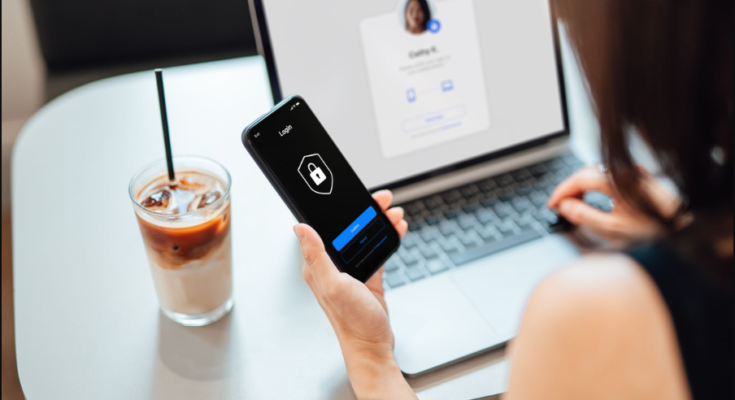Today, public Wi-Fi networks have rapidly become a standard amenity in various public locations, including coffee shops, airports, hotels, and other public venues. Although they are handy, using these networks can compromise the security and privacy of your online activity. Cybercriminals can acquire access to your personal information by exploiting flaws in public Wi-Fi networks.
You can, however, preserve your security while using public Wi-Fi networks if you take a few elementary precautions and follow a few basic measures. While using all the benefits of public Wi-Fi, you must take the necessary precautions to maintain your online safety.
Step 1: Utilize a Virtual Private Network, often known as a VPN
Utilizing a Virtual Private Network, or VPN, when connecting to a public Wi-Fi network is one of the most effective methods to safeguard your privacy and security. Your virtual private network (VPN) will encrypt the data you send and receive over the internet, therefore establishing an encrypted connection between your device and the VPN server. Because of this encryption, it will be impossible for anybody else on the same Wi-Fi network to steal your data. Turn on your virtual private network (VPN) before connecting to a public Wi-Fi network to guarantee a safe connection.
Step 2: Connect to Networks That Can Be Trusted
When accessing public Wi-Fi networks, it is crucial to prioritize security and choose reliable connections. It is recommended to connect to networks that require passwords, whether they are open or secured networks. Networks without password protection are more vulnerable to hacking and unauthorized access, which can lead to data breaches. Whenever possible, opt for networks provided by reputable businesses to ensure a higher level of security.
Alternatively, consider utilizing the data plan included with your mobile device as a more secure option. To enhance your overall internet experience, it is worth exploring different internet service providers in your area. By researching and comparing the services offered by various providers, including those that offer affordable pricing options, you can find the best cheap internet provider that meets your needs for reliable and cost-effective internet access.
Step 3: Turn off the Automatically Established Wi-Fi Connections
To increase your safety, deactivate automated Wi-Fi connections on your device. This function will automatically connect your device to recognized networks, which can or can not include networks that pose a security risk. If you disable this function, you will have more control over the networks you connect to and can prevent connecting to vulnerable networks without your knowledge.
Step 4: Protect Yourself with a Firewall and Antivirus Software
Ensure that your device’s firewall and antivirus software are activated and have the most recent updates. Firewalls give a network an extra layer of security by monitoring and restricting the traffic coming into and going out of the network. Antivirus software can assist in detecting and preventing malware and other dangerous actions that might put your security at risk. Keep your firewall and antivirus software updated regularly to protect against modern dangers.
Step 5: Limit Sensitive Activities
When utilizing public Wi-Fi, it is best practice to refrain from engaging in sensitive activities such as online banking or shopping and gaining access to private information. These actions require transmitting sensitive data, which opens the door for cybercriminals to access it. Suppose you are required to do sensitive operations. In that case, you should only do so on secure websites that encrypt the transfer of data and verify that the website in question has the appropriate security certifications.
Conclusion
Even though using public Wi-Fi might be convenient, you should be aware that it can also harm your online security. When utilizing public Wi-Fi, you can protect yourself from potential threats by adhering to these five easy procedures. Utilize a virtual private network, or VPN, to encrypt your internet traffic, connect only to networks you know you can trust, turn off automated Wi-Fi connections, set a firewall and antivirus protection, and restrict sensitive activities. You can use the perks of public Wi-Fi while maintaining the privacy of your personal information and the safety of your time spent online if you put these precautions into practice.




